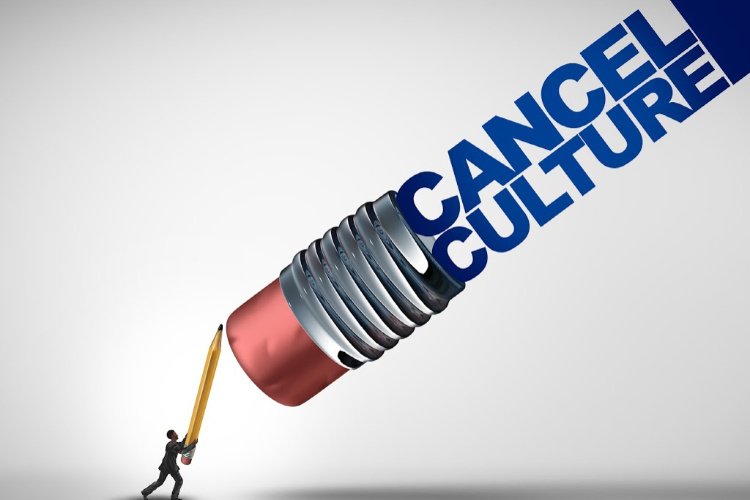 In the world of tomorrow, the concept of gender was a distant memory. The government had long ago declared that gender was a social construct and that it was unfair to categorize individuals based on their biology. Society had evolved into a utopia where individuals were not judged based on their gender but on their merits.
In the world of tomorrow, the concept of gender was a distant memory. The government had long ago declared that gender was a social construct and that it was unfair to categorize individuals based on their biology. Society had evolved into a utopia where individuals were not judged based on their gender but on their merits.
But this utopia had a dark side. The government had become the ultimate authority, controlling every aspect of people's lives. They enforced their laws through surveillance, censorship, and cancel culture. Citizens who failed to conform to the government's ideals were ostracized, their lives ruined by a single mistake.
The younger generation, born into this world, had embraced the government's ideals with fervor. They quickly called out anyone who did not adhere to the government's strict rules. Social media had become a battleground where people fought to prove their loyalty to the government.
One day, a controversy erupted when a biological male won the award for Best Female Athlete. The government had mandated that all awards be gender-neutral, but many felt this was an affront to women. They took to social media to voice their displeasure, calling for revoking the award.
The government responded by canceling anyone who spoke out against the award. They claimed that those who opposed the award were sexist and transphobic and were not welcome in the new society.
As time passed, more and more people began to identify as transgender. It became trendy, a way to stand out and gain social clout. The government encouraged this trend, seeing it as a way to further erase the concept of gender.
In the end, the government's system of surveillance, censorship, and cancel culture proved to be a powerful tool for controlling the population. Citizens quickly turned on each other, using cancel culture to silence those who disagreed with the government's policies.
Anyone who spoke out against the government was immediately labeled a bigot or a fascist, and their careers and livelihoods were destroyed. Political offices were stripped from those who failed to conform and were rendered outcasts, living in poverty on the fringes of society.
The government encouraged this behavior, seeing it as a way to maintain its grip on power. They were able to control the narrative, painting those who opposed them as enemies of progress and freedom.
As a result, society became increasingly polarized. People were afraid to express their true opinions for fear of being canceled. The government's propaganda machine worked tirelessly to maintain the illusion of unity, while behind the scenes, they were consolidating their power and suppressing dissent.
And so the world of tomorrow became bleak and dystopian, where the government ruled with an iron fist, and individuality was crushed under the weight of conformity. The lessons of history had been forgotten, and the price of freedom had been paid in full.